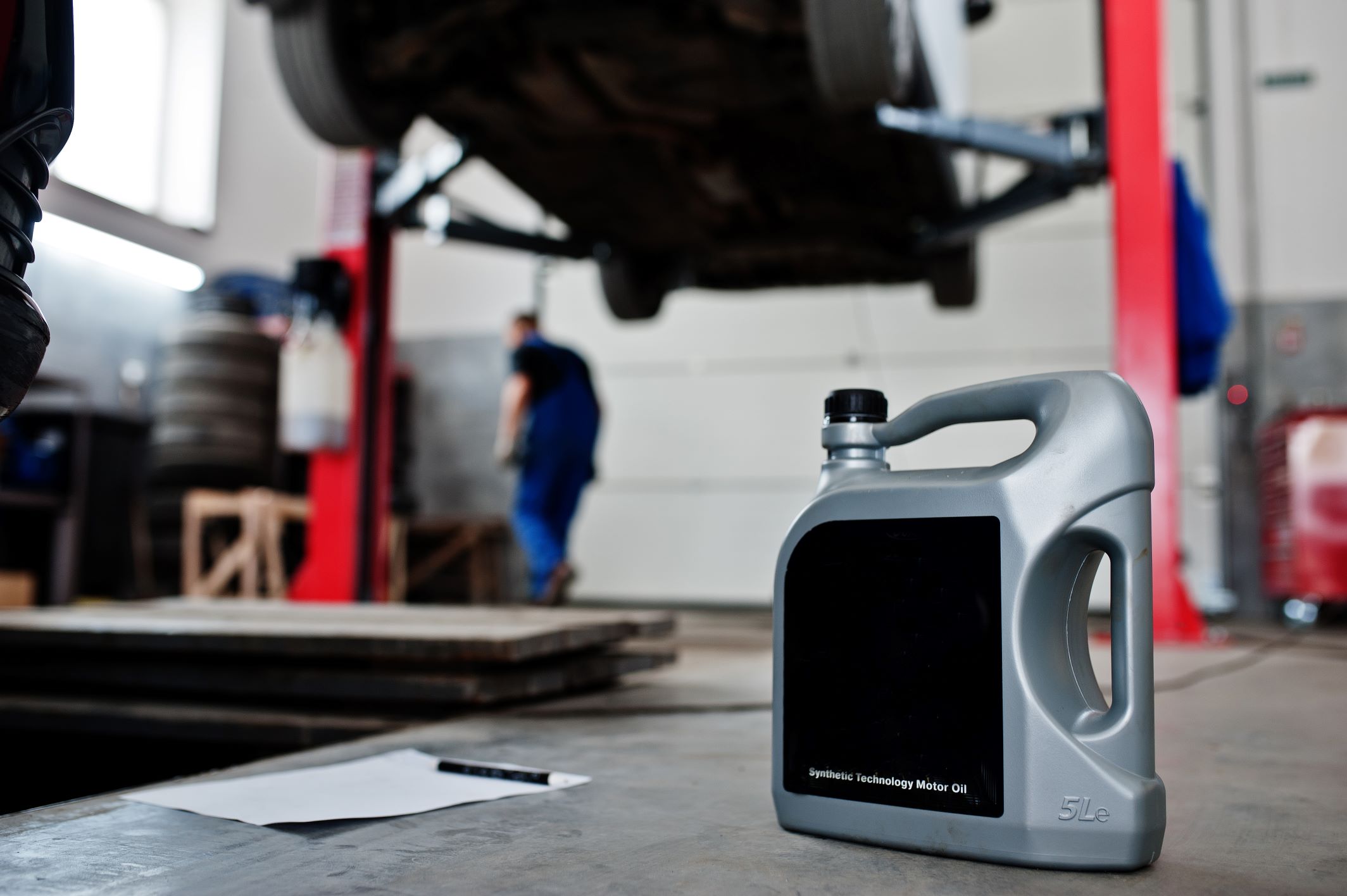In the dynamic landscape of industrial machinery, ensuring optimal performance and longevity of engines is paramount. One of the key factors in achieving this is the careful selection and use of industrial engine oils.
In this comprehensive guide, we delve into the intricacies of industrial engine oils in Singapore, providing you with essential insights to make informed choices for your machinery.
Understanding the Basics: Types of Industrial Engine Oils
1. Hydraulic Oils
Hydraulic systems are the lifeblood of many industrial operations. Choosing the right hydraulic oil is crucial for maintaining peak performance. Look for oils with high viscosity indices and excellent anti-wear properties to ensure smooth operations.
2. Gear Oils
In heavy-duty machinery, gears bear substantial loads and heat. Selecting premium gear oils designed for extreme pressure conditions is imperative. These oils form a protective layer, reducing friction and preventing premature wear.
3. Compressor Oils
Industrial compressors demand specialized oils to handle high temperatures and pressure differentials. Opt for compressor oils with superior thermal stability and anti-foaming characteristics to guarantee consistent and efficient compressor operation.
Navigating Viscosity Grades
Understanding viscosity grades is paramount when selecting the right industrial engine oil. Different machinery requires oils with specific viscosity characteristics. Refer to the manufacturer’s recommendations to match the viscosity grade with your equipment’s requirements precisely.
Environmental Factors: The Singapore Perspective
Singapore’s unique climate and environmental conditions play a significant role in the performance of industrial engine oils. High temperatures and humidity levels require oils with exceptional thermal stability and resistance to oxidation. Choose engine oils explicitly formulated for Singapore’s climate to ensure optimal performance under challenging conditions.
Industry Standards and Certifications
When it comes to industrial engine oils, adherence to industry standards and certifications is non-negotiable. Look for oils that meet or exceed specifications set by reputable organizations such as the American Petroleum Institute (API) and the Society of Automotive Engineers (SAE). Prioritize engine oils that carry these certifications to guarantee quality and performance.
Best Practices for Oil Change Intervals
Regular oil changes are vital for maintaining the health of industrial engines. Follow manufacturer guidelines for recommended oil change intervals, taking into account factors such as operating conditions and load. Implementing a proactive maintenance schedule will enhance engine longevity and overall efficiency.
Storage and Handling: Ensuring Longevity
Proper storage and handling of industrial engine oils are often overlooked aspects. Store oils in controlled environments to prevent contamination and degradation. Follow recommended handling procedures to maintain the oil’s integrity and effectiveness throughout its lifespan.
Selecting the Right Supplier
The source of your industrial engine oil matters as much as the oil itself. Partner with reputable suppliers known for delivering high-quality oils consistently. Ensure that the supplier adheres to industry regulations and provides comprehensive documentation for product traceability.

